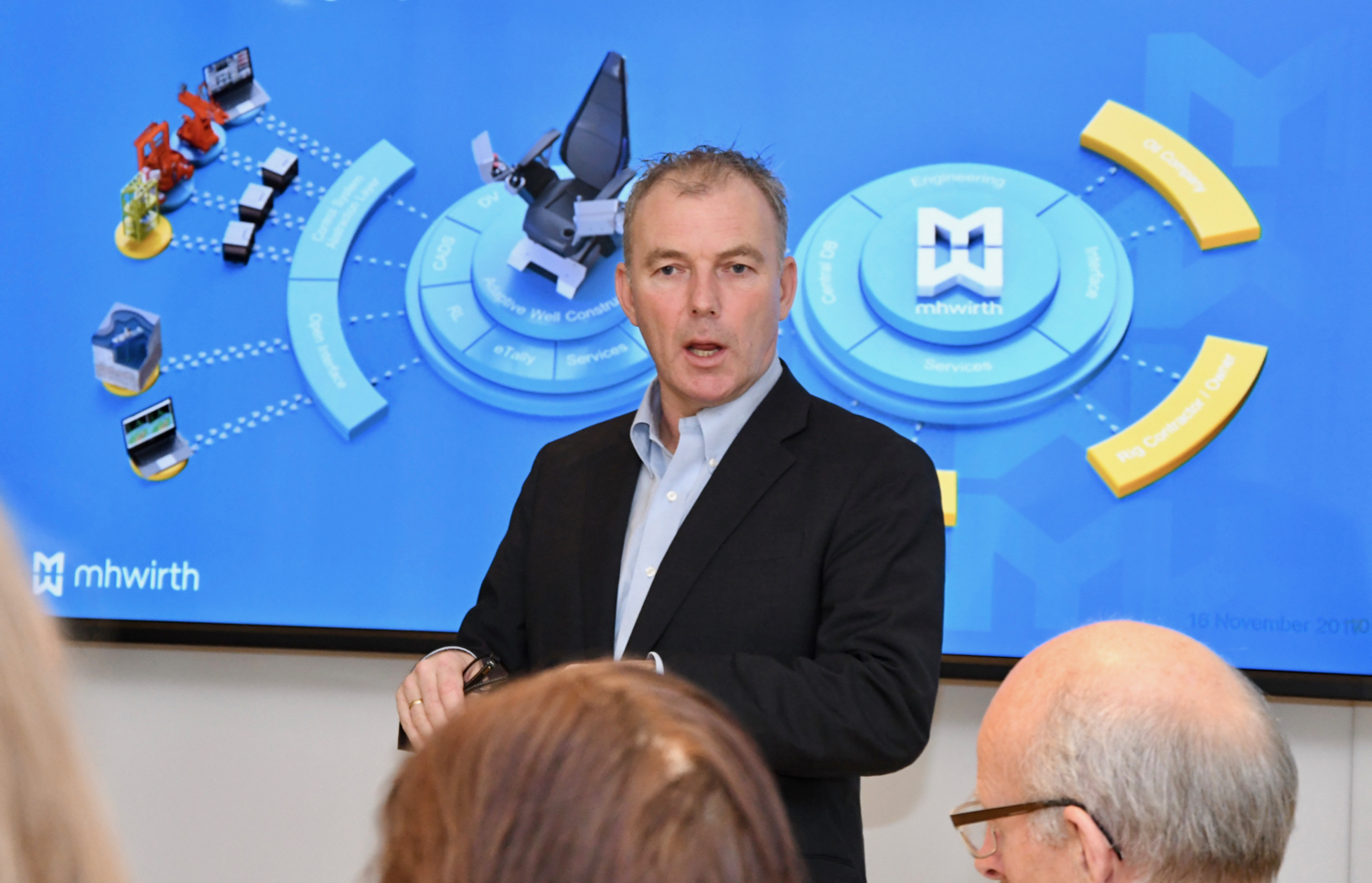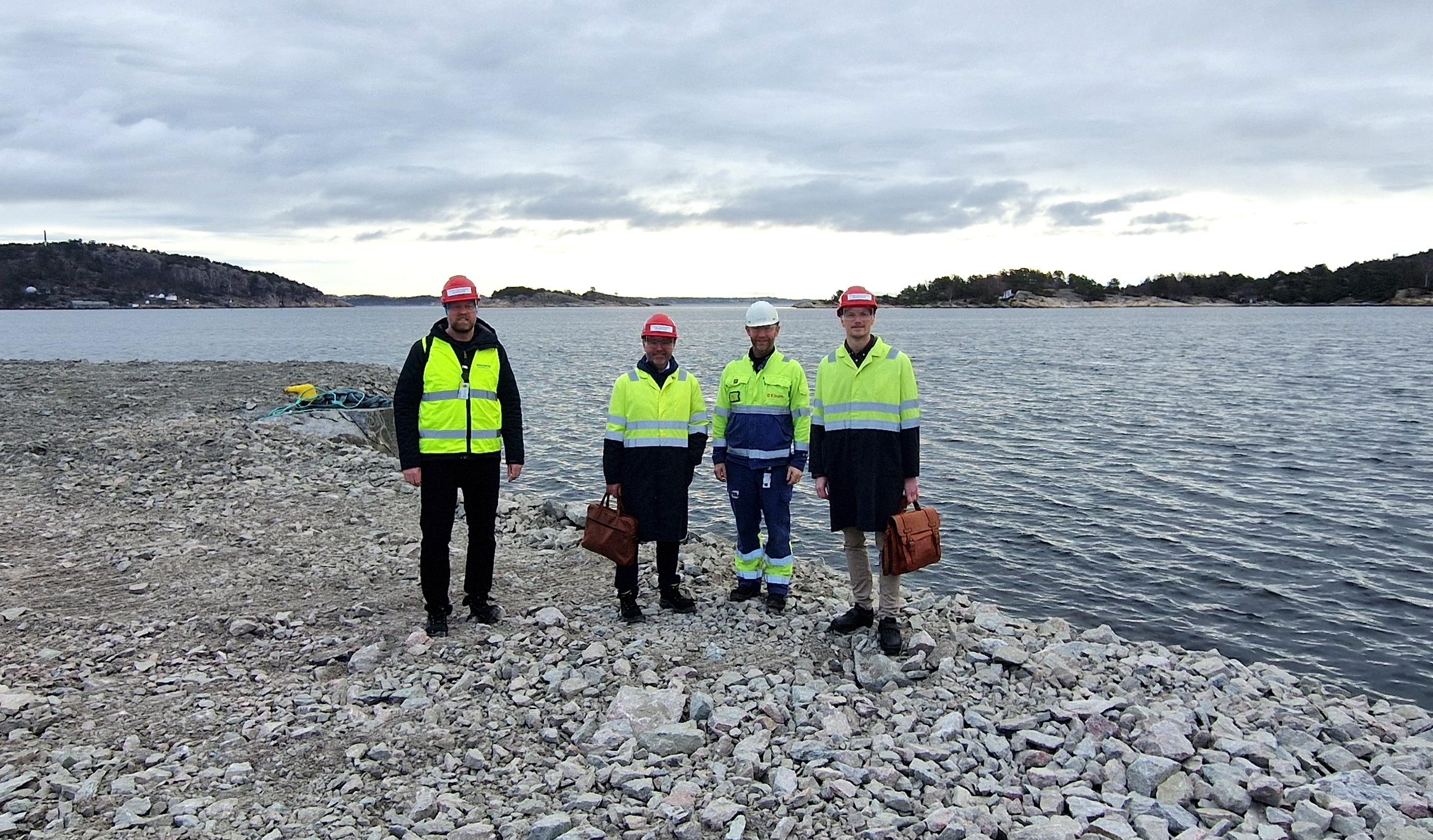“In drilling, the future is a combination of good old-fashioned hydraulics and mechanics – and robotics and ICT,” says Larsen.
He presented MHWirth’s project for the development of an automated and interactive control solution for increased drilling efficiency. MHWirth welcomes software providers to introduce their ideas, applications or smart modules, which can do certain tasks in a drilling process. The project has received MNOK 10.8 in funding from the Demo2000 program and is a cooperation between MHWirth, Sekal and Statoil.
“In order to build the world’s best control system, we realize that we are not the leading producer of every single part of a drilling rig. We need to cooperate with others,” says Larsen.
MHWirth is redefining the operator of drilling processes. An operator will become less of an operator and more of an observer. The drilling process is automated and controlled by the system, built on extensive ‘experience’ in the form of harvested and analyzed streams of data.
WORK PACKAGE 7
Larsen’s presentation was part of a SFI Work Package 7 session, following the SFI General Assembly at the University of Agder in Kristiansand Thursday. GCE NODE is in charge of Work Package 7, which mission is to give strategic input about the possible future direction of the work packages and the scope of the SFI. During the WP7 session, the SFI Board received updates on digitalization, new available technology and emerging business models.
Arnt Aske talked about GCE NODE’s digitalization project and Gisle Stavland, Head of Sales and Business Development at Egde Consulting, gave a presentation with insights into available platforms and serverless computing alternatives.




